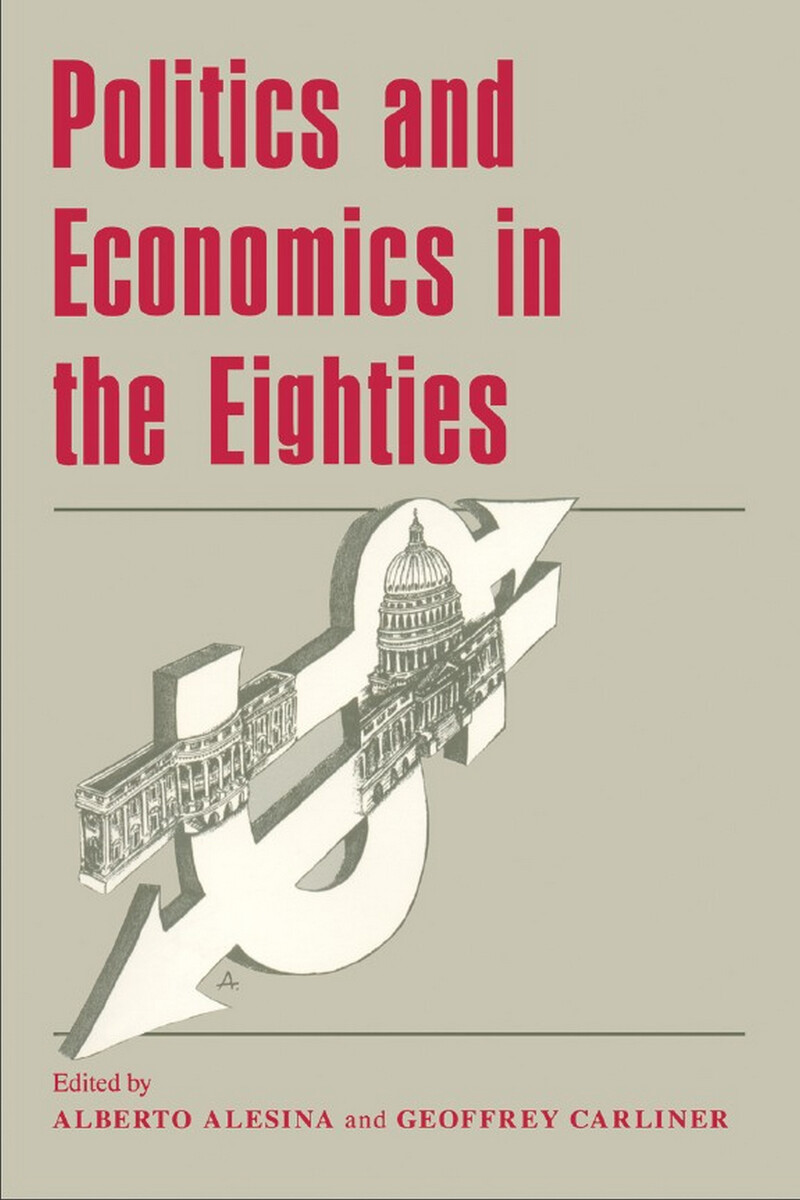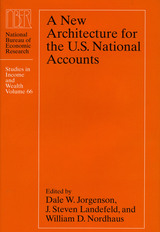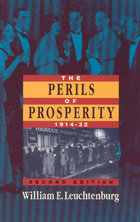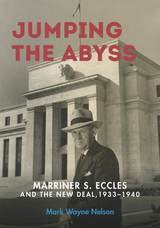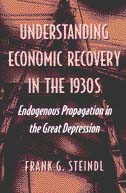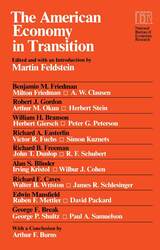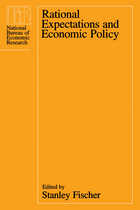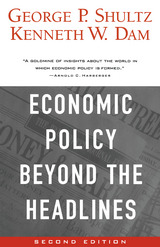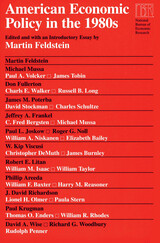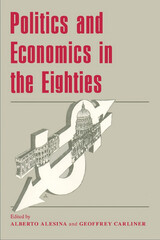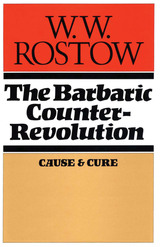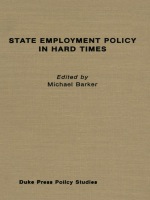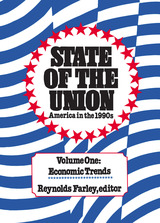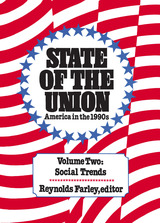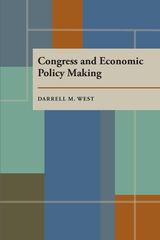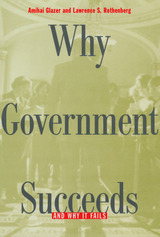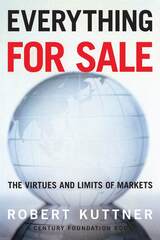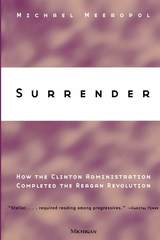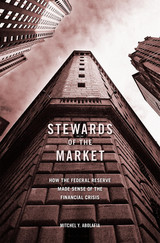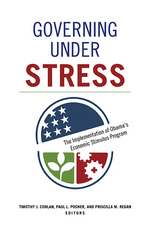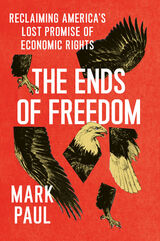Politics and Economics in the Eighties
University of Chicago Press, 1991
Cloth: 978-0-226-01280-3 | eISBN: 978-0-226-01282-7 | Paper: 978-0-226-01281-0
Library of Congress Classification HC106.8.P65 1991
Dewey Decimal Classification 338.973009048
Cloth: 978-0-226-01280-3 | eISBN: 978-0-226-01282-7 | Paper: 978-0-226-01281-0
Library of Congress Classification HC106.8.P65 1991
Dewey Decimal Classification 338.973009048
ABOUT THIS BOOK | AUTHOR BIOGRAPHY | TOC | REQUEST ACCESSIBLE FILE
ABOUT THIS BOOK
Is the federal budget deficit a result of congressional deadlocks, gross miscalculation of economic trends, or a Republican strategy to tie the budgetary hands of future Democratic leadership? To what extend does the partisan split between Congress and the executive branch constrain the president's agenda? In this volume, political scientists and economists tackle these and many other contentious issues, offering a variety of analytical perspectives.
Certain to provoke controversy, this interdisciplinary volume brings together policy experts to provide a coherent analysis of the most important economic policy changes of the 1980s. Through a detailed examination of voting patterns, monetary and fiscal policies, welfare spending, tax reform, minimum wage legislation, the savings and loan collapse, and international trade policy, the authors explore how politics can influence the direction of economic policymaking.
Certain to provoke controversy, this interdisciplinary volume brings together policy experts to provide a coherent analysis of the most important economic policy changes of the 1980s. Through a detailed examination of voting patterns, monetary and fiscal policies, welfare spending, tax reform, minimum wage legislation, the savings and loan collapse, and international trade policy, the authors explore how politics can influence the direction of economic policymaking.
See other books on: 1981-1993 | Alesina, Alberto | Decision making | Decision-making | Government & Business
See other titles from University of Chicago Press
